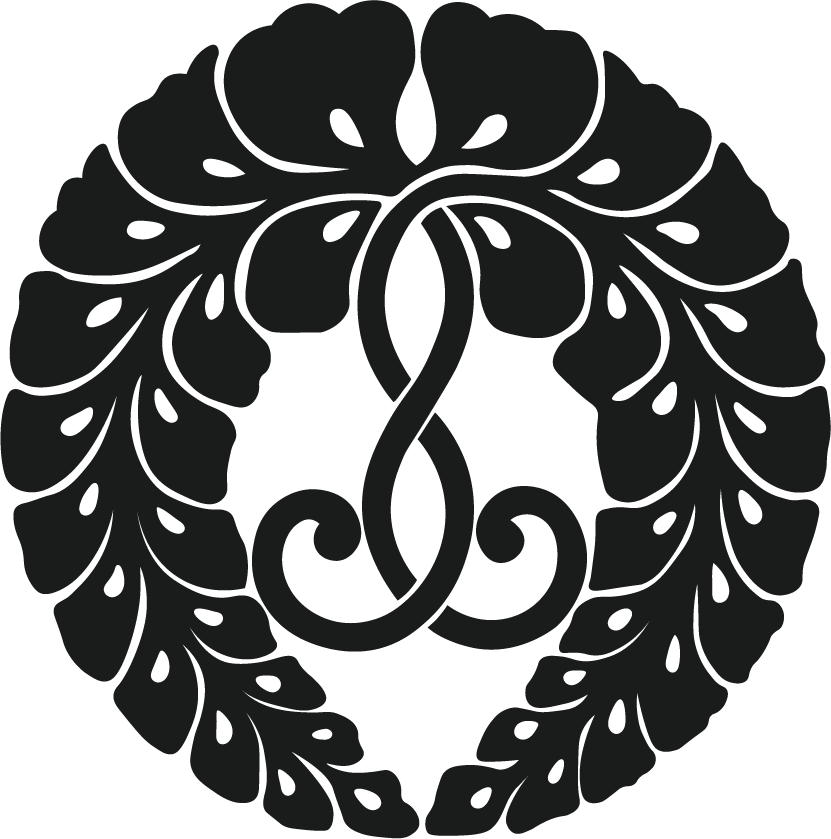A Lesson from Okei-san
By Rev. Matt Hamasaki | Ministers Blog
In 2019, I had the opportunity to participate in the 150th anniversary of the creation of the Wakamatsu colony, the first settlement of Japanese people in America, about 45 miles from Sacramento. Although the knowledge of this historic site is increasing, many people (myself included) were not aware of the existence of this group of people until recently.
This year, we are honoring the 150th anniversary of the death of Okei-san, a young woman who was part of the colony who passed away at the age of 19 in 1871 and whose gravesite has become a place of pilgrimage for Japanese Americans.
I learned a great deal about the Wakamatsu colony from a three-part article in the Rafu Shimpo written by Junko Yoshida as well as an article by Alan Ehrgott, who works for the American River Conservancy. They had done an incredible amount of research and both articles are a fascinating read that I recommend anyone interested to look up.
If I understand correctly, the Japanese pioneers came to America as a result of the drastic international changes happening in Japan known as the Meiji Restoration. There was a conflict between the Tokugawa shogunate, which favored isolation, and a group that sought to restore authority to the emperor, which favored modernization.
Matsudaira Katamori, the daimyo in charge of the Aizu Wakamatsu province, participated in international affairs even though he was part of the isolationist faction. One of his connections was to John Henry Schnell, a member of the Prussian embassy who sold European weapons to Matsudaira and also trained his samurai in the use of firearms.
As a sign of respect for his contributions and to strengthen his bond to Japan, Schnell was given a Japanese name and was allowed to marry a Japanese woman. Eventually, the conflict between the two groups resulted in a civil war with the Imperial forces victorious and Matsudaira surrendering in the Battle of Aizu. This put Schnell’s life in danger and, with the help of Matsudaira, he traveled to America with other colonists from Wakamatsu along with his wife, their daughter, and a 17-year-old nanny named Okei Ito.
After arriving, Schnell purchased a ranch with hopes of cultivating silk and tea. Although initially promising, the colony faced ruin during the California Gold Rush with the intrusion of the prospectors whose methods polluted the water necessary for crops. On top of that, there was a severe drought, which wiped out their farms.
The colony disbanded, with some returning to Japan, some dispersing through America, and some staying in the area. Okei-san was one of the few who stayed after a nearby family named Veerkamp purchased the colony and hired some of the pioneers to work for them.
The Veerkamps were themselves immigrants from Germany and Okei-san became a nanny to their six sons. It’s said that since they only had sons, they treated Okei-san as their own daughter. Unfortunately, she contracted a terrible fever in the summer of 1871 and passed away three days later.
Legend tells that she used to stand on a hilltop to gaze in the direction of her homeland in Aizu Wakamatsu. That is now where her gravesite is located. Today, there is a replica of the marble headstone that was placed several years after she passed by Matsunosuke Sakura, a former samurai who stayed to work on the Veerkamp land. The cost must have been tremendous, but he decided she deserved the honor.
As Okei-san is the first Japanese person to be buried in America, she has become a symbol for future Japanese descendants of the sacrifice immigrants face when searching for a better life in America. I think her life and the Wakamatsu colony have important lessons for us, even 150 years afterward. We are living today in a time with so much anger, hate, and ignorance of the people around us. Conflicts arise between countries because of international politics, and they arise between people because of the fear that has been stoked by the language used to attack and blame others.
The Wakamatsu colony exists because of Japan opening up to the rest of the world. The world today is more international than it ever has been, and we must begin to see ourselves all as global citizens. When the colony fell, it was immigrants that purchased the land and tried to help those who stayed.
All of us have our struggles and we should try to help out our fellow travelers when we can, recognizing that there are more similarities between us than differences. Okei-san’s untimely passing came during her attempt to be happier, and I believe that the best way we can honor her is to appreciate that we all still have that same wish and to support each other how we can.

